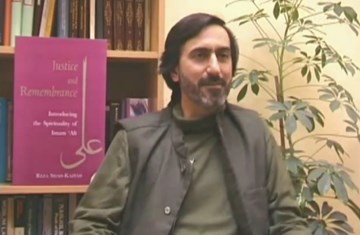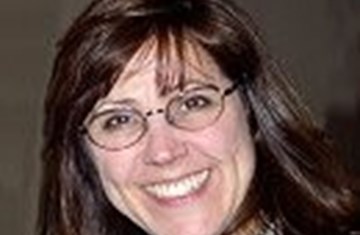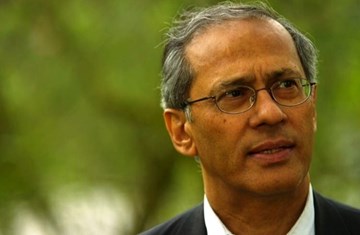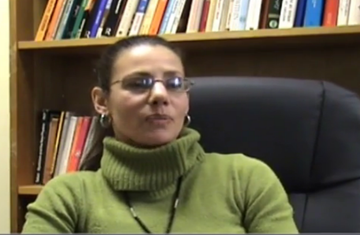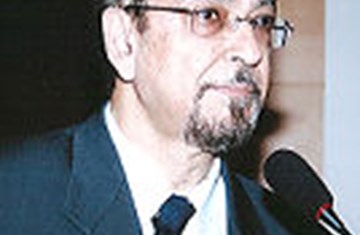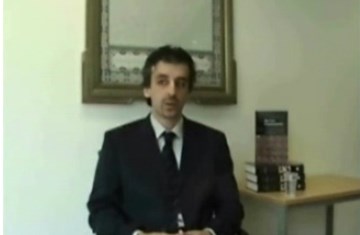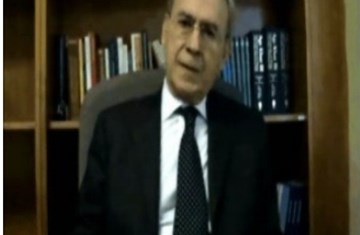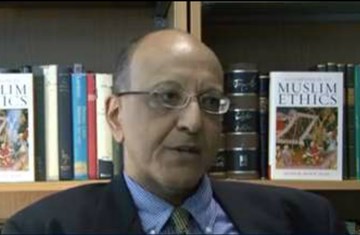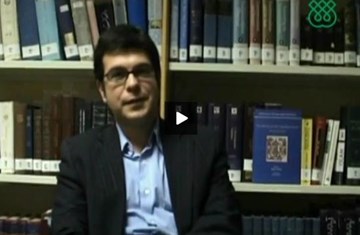Interview with Raficq Abdulla
Lecturer: Raficq Abdulla
Topic: Rumi to Adonis: The Conference of the Birds
Abstract:
Where does poetry get you? What is the role of poetry and is it different in different cultures? Does poetry count in the contemporary world? Raficq Abdulla searches for the heart of poetry by reading into the claims poetry has on us from West to East. The English poet, Ruth Padel, has written a book entitled The Poem and the Journey (Chatto & Windus, 2007). This talk embarks on its own journey along the Way of Verse - from Eliot, CH Sisson, Auden, Yves Bonnefoy, Moniza Alvi, Geoffrey Hill and others to Rumi, some of the classical Urdu poets, and the contemporary Arab poet, 'Adonis' (Ahmad Said).
Poetry is not only made from words on the page but also from the interplay of the sounds heard. It is not only the poets who create poetry but also the readers and listeners who imagine new interpretations and re-enact private and communal expectations. There is a transactional relationship between the writer and the page; between the writer and the reader; between the performer and the audience; between literature and the culture from which it springs, which forms it; between poetry itself and the identities and societies it both reflects and shapes.
Our modern age brims with fast-living, throw-away hype infested with congeries of blatant celebrities and charlatans who are shoved on us by the media's insidious contagion, and with headline catastrophes and calamities facing all of us both in the East and the West, as we try to survive under a mountain of foolish distractions and anxieties. The play of poetry, Raficq Abdulla suggests, has become even more important to us in our struggle to live with integrity and negotiate a true and private space for ourselves within the changing identities that the modern world imposes upon us.
Q1. Muslims, like many other religious communities, generally take great pride in their poetic heritage, not only in its literary merit but also in its mystical powers. The Qur’an, after all, reads in verse form, and Rumi is even said to be the Persian voice of the divine. What is it about poetry that ties it to the idea of the ‘sacred’?

